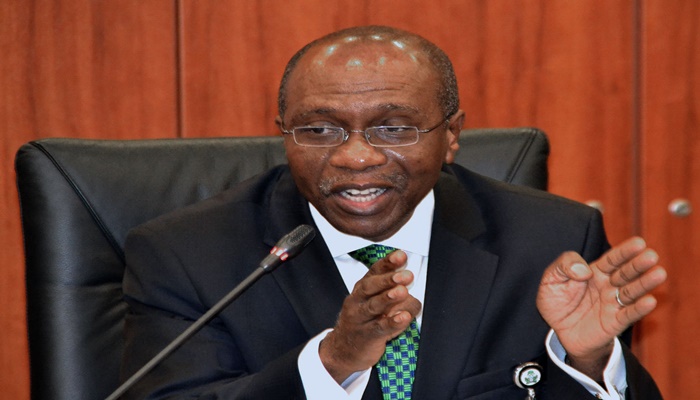
The Bankers Committee has thrown its weight behind the Central Bank of Nigeria (CBN)’s cashless and Loan to Deposit Ratio (LDR) policies introduced by the apex bank.
In a joint briefing by the banks executive officers on Thursday in Abuja, the bankers said the policies were for the overall interest of the banking system and the nation’s economy.
The Managing Director of Citi Bank, Mr Akin Dawodu said the committee was satisfied with the compliance on LDR, saying that it had increased lending within the shortest time.
Dawodu explained that this feat was achieved due to collaboration of all banks and the regulator by keying into the vision to increase cooperate and retail credits with a view to supporting economic growth and investment in the economy.
“All the banks are aligned with this objective and we will do everything we could to increase the ratio and aggregate, the idea is to continue to work to expand and improve the bank stability.
“We also discussed the cashless policy, the idea is to improve financial inclusion, to de-emphasise cash and to improve financing of the economy.
“We will ensure the implementation is as smooth as possible for the overall good of the system and the economy,” he said.
Ms Mobola Faloye, the Executive Director, Risk, Standard Chartered Bank, said the policy on LDR had grown the asset to N860 billion within a short period of time.
Faloye disclosed that the committee also resolved to continue to lend to some vulnerable sectors and underscored the importance to mitigate risk.
Also speaking, the Director of Banking Supervision, CBN, Mr Ahmad Abdullahi said the committee also resolved to support the real sector like Agriculture, Mining and Manufacturing among others.
“It is no longer business as usual, we will provide credit to the real sectors to ensure sustainable growth in order to develop the economy.
“Our economy was largely driven by oil and gas which is not sustainable, these real sectors have suffered stunted growth, with these policies, we resolved that this is the way to go,” he said. (NAN)






